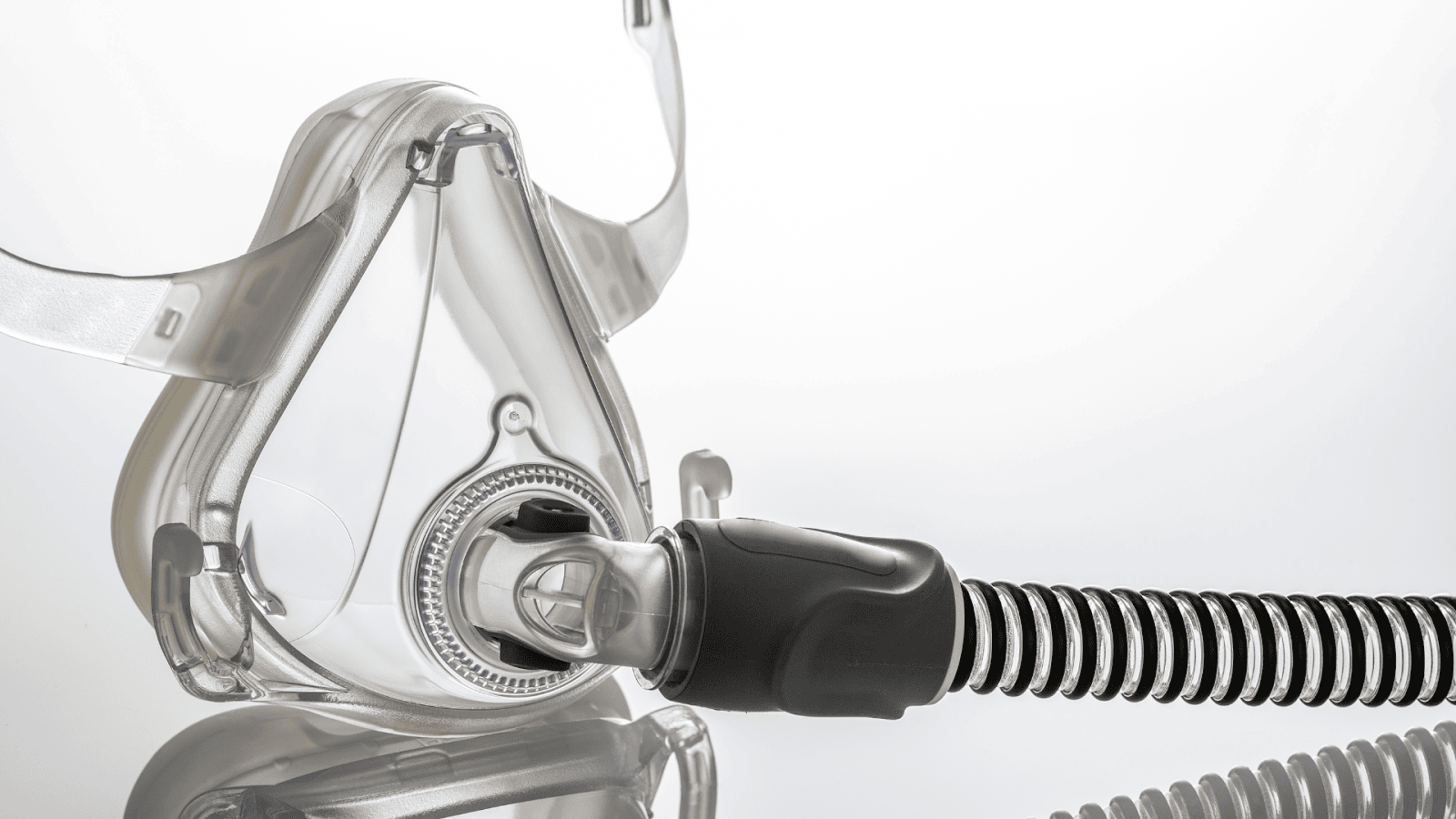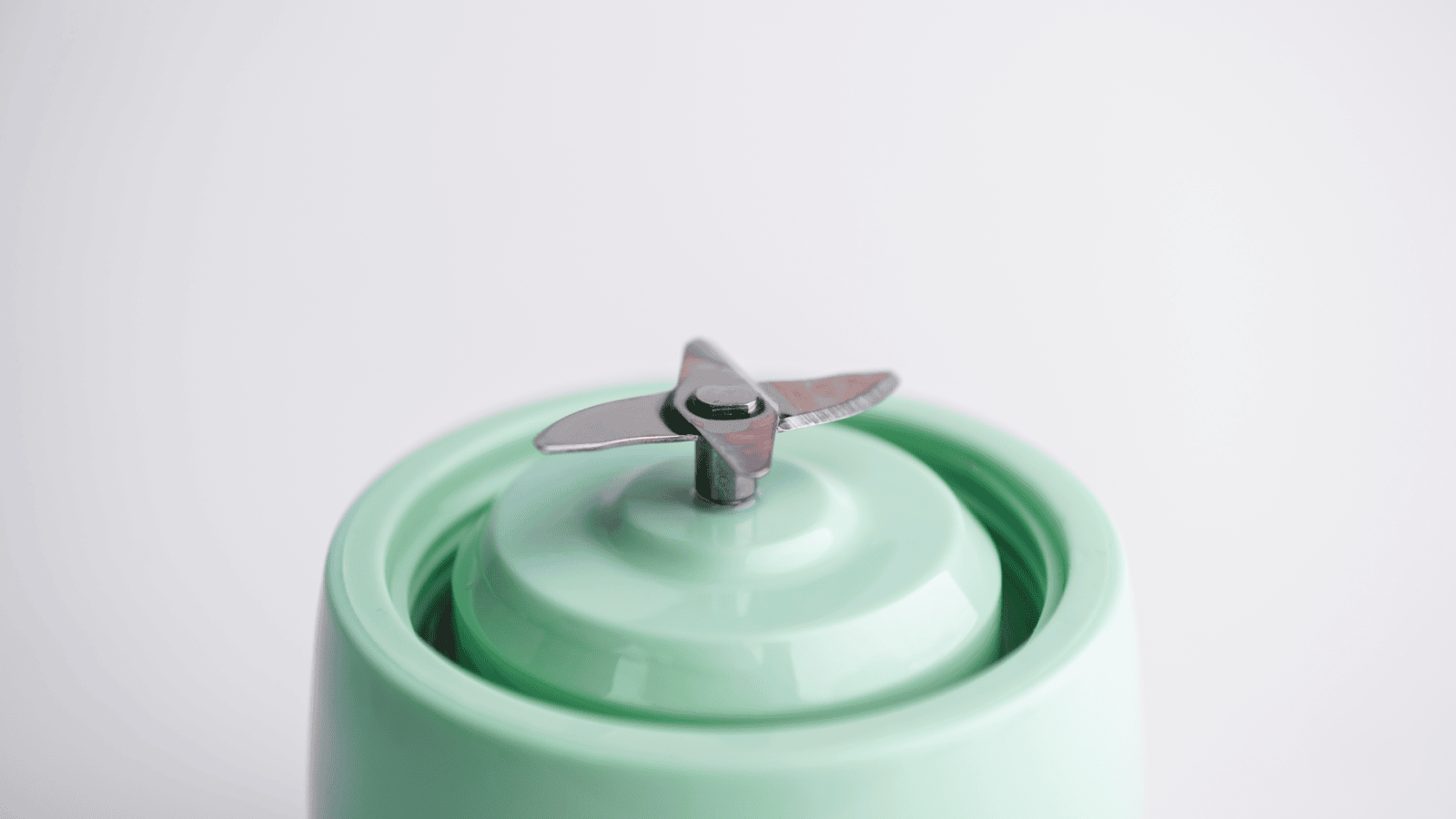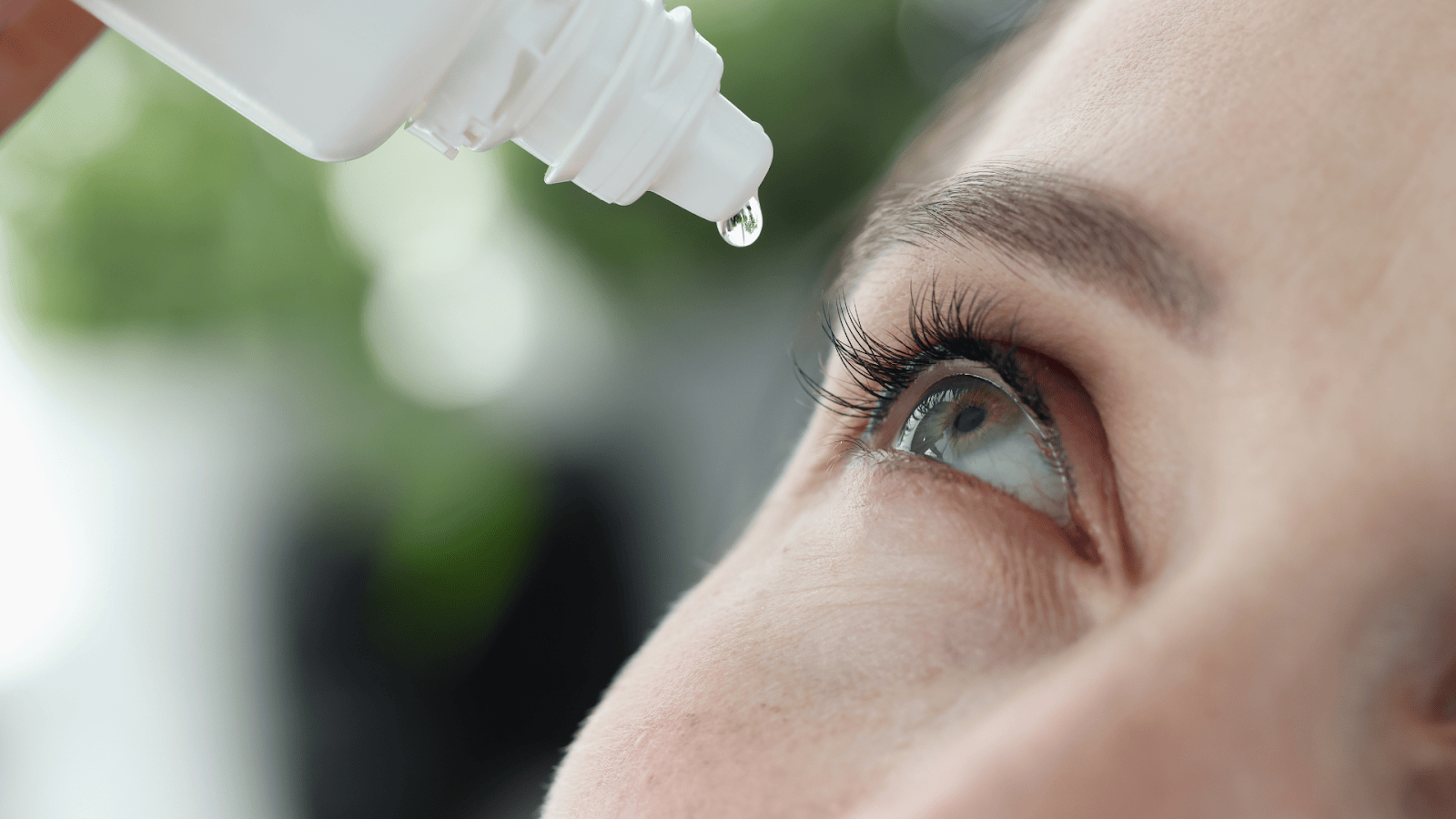Lithium-ion batteries power so much of daily life—e-bikes, e-scooters, phones, laptops, power tools, and portable chargers. Most of the time, they work safely. When something goes wrong, it can happen fast: a loud pop, a sudden flare, thick smoke, and heat intense enough to cause severe burns in seconds. If you or someone you love has suffered a burn injury or smoke-inhalation injury after a battery fire, you may be dealing with painful treatment, missed work, and questions about who is responsible, and whether a product liability lawyer can help you understand your options.
This guide explains common causes of lithium-ion battery fires, how recalls and safety warnings work, the specific risks associated with e-bike and e-scooter batteries, and practical steps to protect your health and your legal rights. If you need help now, Jeffrey Glassman Injury Lawyers offers free consultations to injured people seeking clear answers and a path forward.
 Product Liability Lawyer Blog
Product Liability Lawyer Blog






